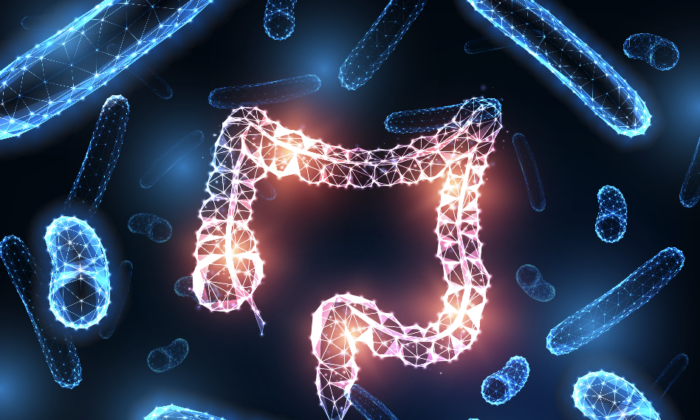
Your gut might be more than just a “gut feeling” when it comes to stress; it’s actually running on its own daily schedule to help you cope. Gut bacteria—the ecosystem of tiny organisms inside of us—affect how well we handle stress, with their impact changing throughout the day, according to a new animal study. The research showed that gut bacteria influence the stress response, which is linked to the body’s natural sleep-wake cycle.
Disrupting gut bacteria in mice led to stress responses outside their normal circadian rhythm. Our body’s internal clock, known as the circadian rhythm, helps control many functions, including sleep patterns and hormone levels. When these natural rhythms fall out of sync, it can lead to health problems, including mental health issues and mood disorders.
Researchers found that when gut bacteria were depleted—either by giving antibiotics to regular mice to reduce gut bacteria or by using germ-free mice with no gut bacteria—stress responses became overactive at specific times of the day. This overactivity was linked to disruptions in the brain regions that control stress and circadian rhythms, leading to abnormal stress reactions, changes in hormone levels, and anxiety-like behavior in the mice. A fundamental discovery involved the bacteria Limosilactobacillus reuteri (L.
reuteri). This beneficial bacteria, commonly used in probiotics, fluctuates in abundance throughout the day. These fluctuations were linked to the release of stress hormones.
However, disrupting the gut microbiome threw off this natural pattern. In mice without gut bacteria, corticosterone’s usual daytime peak shifted to nighttime. This shift could impair the body’s ability to handle stress at the right times, potentially contributing to chronic stress and anxiety.
In antibiotic-treated mice, the hormone’s peak was more pronounced than normal and occurred at the wrong time of day—during the “lights out” period, when the body’s circadian system signals to rest. These misaligned hormone releases could lead to stress overload, as hormones are released when the body is unprepared for them. The findings suggest that an imbalanced gut microbiota may upset the timing of our stress response, further disrupting our internal clock, according to the researchers.
“By showing that gut bacteria influence how the body handles stress throughout the day, we’re helping to understand the mechanisms through which the microbiota shapes our responses to the environment around us,” said first study author Gabriel Tofani, highlighting the therapeutic potential of their findings. In 2020, nearly half of all U.S.
adults (49 percent) said stress negatively affected their behavior. In 2022, over three-quarters of adults reported symptoms of stress, including headache, tiredness, and depression. In 2024, 43 percent of adults reported feeling more anxious than the year before.
“The potential to improve mental health through microbiome-based interventions is very real,” said Ross, “and this study takes us one step closer to that goal.”.














